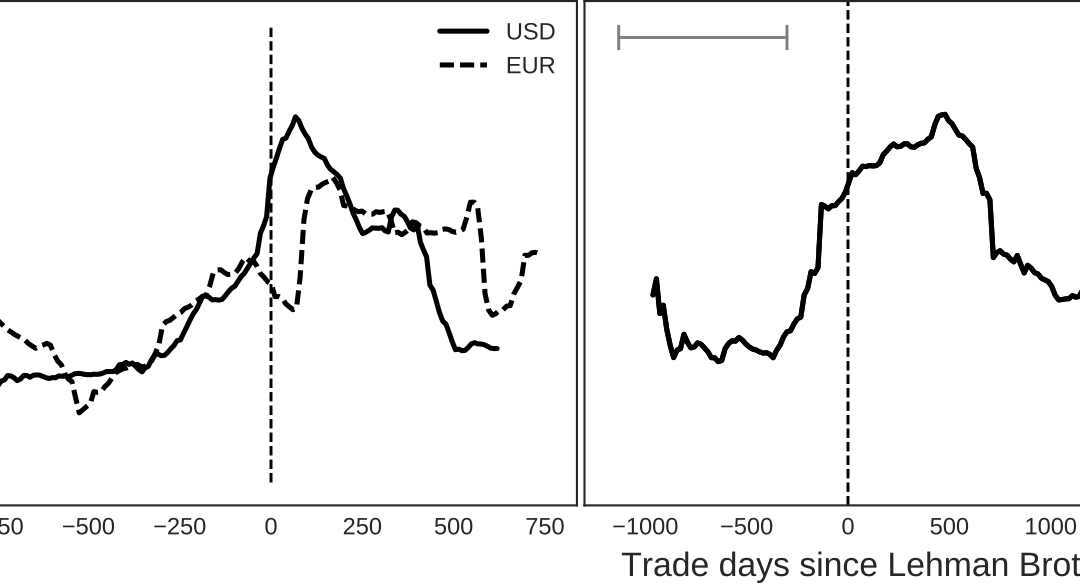Information processing features can detect the emergent behaviour of complex systems such as the financial market. This was shown in research conducted by an international team of researchers from the UvA and University of Geneva. Rick Quax: ‘If we could better predict emergent behaviour of complex systems then we could anticipate and proactively act upon possible changes, instead of being overtaken by events such as a financial crisis’. The results were recently published in Complexity.
There are many dynamic systems in different disciplines – for example a swarm of birds, neural networks, the financial market or social media – that show emergent behaviour. Unfortunately there are only few methods available to analyse the emergent behaviour of these complex systems. However, these systems can greatly impact our daily life. An international team of researchers from the University of Amsterdam and the University of Geneva conducted a theoretical study by means of mathematics, computer simulations and data analyses to investigate how we can detect and predict the emergent behaviour of complex systems using information theoretic features.
UvA researcher Rick Quax (Informatics Institute and Institute for Advanced Study): ‘In order to better understand these dynamical systems, we need an interdisciplinary approach. Our research shows that only a few local information processing characteristics can accurately predict the emergent behaviour of a certain type of systems called elementary cellular automata. These systems are the simplest dynamical systems which generate various emergent behaviours such as complexity and chaos.’ The new method was applied to the financial market system and showed a steadily growing instability leading up to the 2008 crisis, where current methods were not able to detect this.
More research is needed to better understand which data flows are important when analysing different emergent behaviours. Taking more theoretical models and complex systems into account will improve the research method, and ultimately result in better predictions .
Publication details
Rick Quax, Gregor Chliamovitch, Alexandre Dupuis, Jean-Luc Falcone, Bastien Chopard, Alfons G. Hoekstra and Peter M. A. Sloot: ‘Information processing features can detect behavioral regimes of dynamical systems’, in: Complexity (16 April 2018). Volume 2018 (2018), Article ID 6047846, 16 pages https://doi.org/10.1155/2018/6047846


